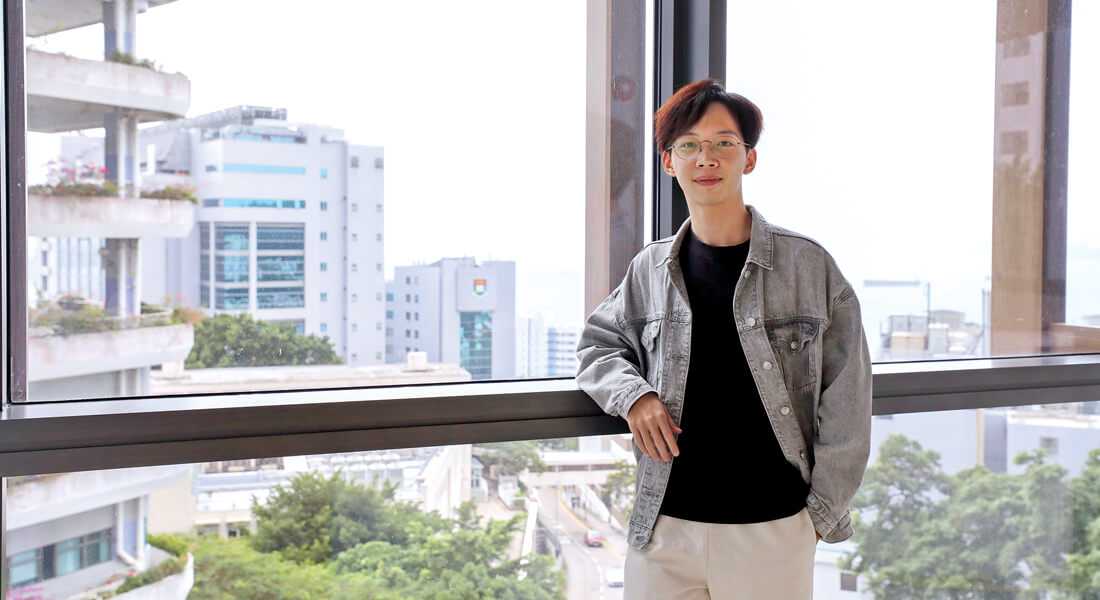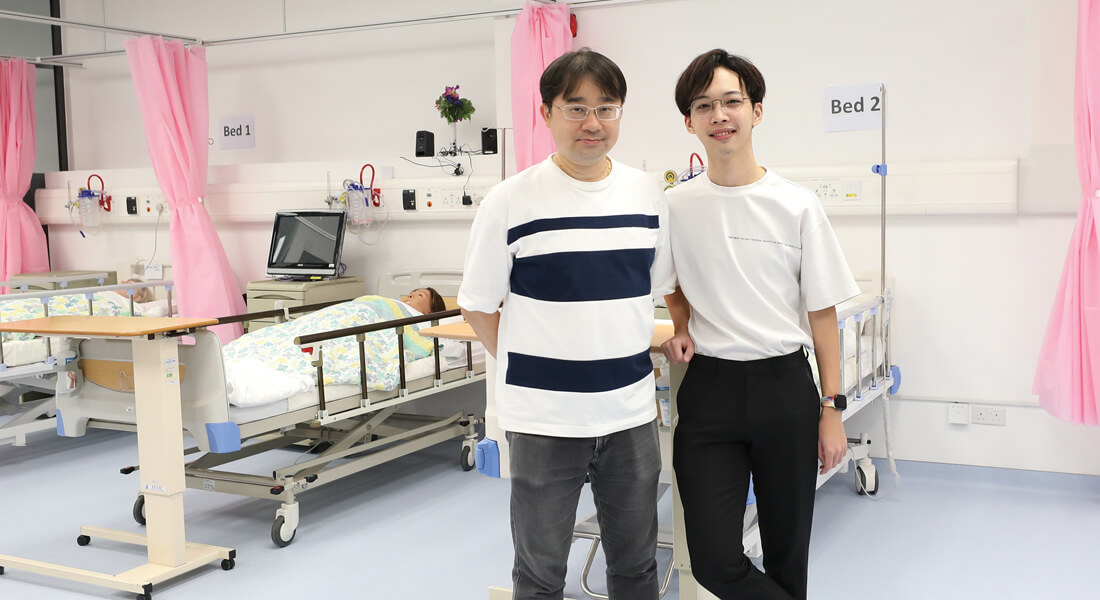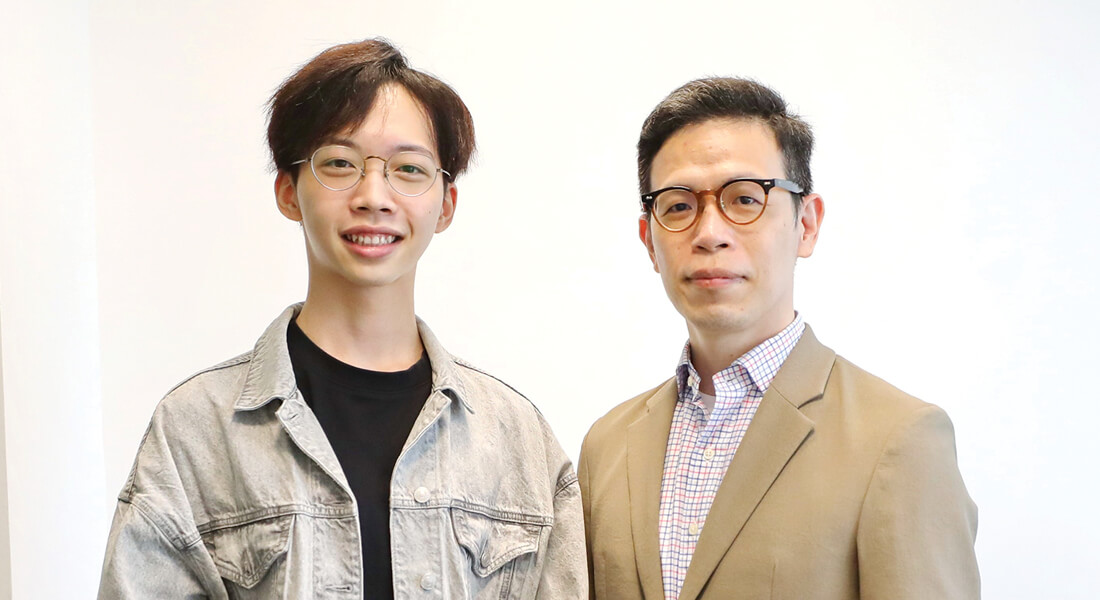Pursuing the Nurse-Physician Role to Optimise Patient Outcome
Raphael Ho Chun-long | Year 2 Bachelor of Nursing (Full-time) Advanced Leadership Track student
It can be difficult for some secondary school students to choose and rank their desired university programmes, but for me, there was no struggle. In primary 6, my father was admitted to the hospital due to stomach bleeding. I arrived at the ward devasted to see the number of tubes inserted into his arm and to hear the machine next to him beeping nonstop. I felt helpless, disoriented and powerless. A week later he came back home and the immense pressure I felt has untangled in me ever since. This experience planted a seed in my heart, which blossomed alongside the path of my development and made me determined to be a frontline medical personnel. I understand that by facilitating a patient to return to ordinary life, I can offer a hand to the whole family.
My DSE result was not sufficient enough to get me into the medicine programmes in Hong Kong directly, which was originally disappointing. I noticed some articulation pathways available, of which Bachelor of Nursing (Full-time) Advanced Leadership Track (BNurs-ALT) was one of them. I picked this programme without hesitation for its challenging nature and also because I am obsessed with direct contact with patients as a nurse. This programme is also the only one that can offer two frontline professional qualifications with leadership development elements.
Delving into the knowledge side, I was stunned by the professionalism, detail of care, and depth of content in nursing. After one year of study, I gradually developed my interest and understanding towards nursing. Inevitably, tough times come along with stress and a sense of incompetence. Fortunately, a group of friends, mentors and teachers in HKUMed have accompanied me through my learning. They have nourished my university life and taught me that university is not solely about academic excellence, but the wider horizon. Being told that I am a “SARS baby”, who witnessed several epidemics and is affected by the COVID-19 pandemic, I have been interested in emergency care departments such as AED and ICU. This programme has granted me an opportunity to sit in lectures about ECMO, which are from a Master’s course, where I enjoy learning about the essential role of nurses in managing ECMO and fostering best patient outcomes.
Prior to my enrolment, I thought nurses mainly fed patients, injected medications and followed doctors’ orders. It was not until I had engaged in nursing studies that I acknowledged the complexity and responsibilities of nurses. I have had numerous chances to contribute my knowledge thanks to HKU School of Nursing, such as being a swabber during the fifth wave of COVID-19 in a community testing centre. I also had chances to visit hospitals to see how wards are operated, with the help of my clinical mentor. He actively provided me information about management and issues related to the general public so as to prepare me to be a competent nurse, or even a leader in the field. These eye-opening exposures have eliminated my naïve mindset of the inferiority of nurses and my disappointment in the JUPAS release, and replaced them with pleasure and admiration.
So why BNurs-ALT? If you had asked me earlier, I would have answered that this programme is a bridge to medicine. Now, I am confident that the programme will equip me with the necessary and subtle skills and competencies to be an integrated frontline medical professional, with the ability to maximise patient outcomes.



